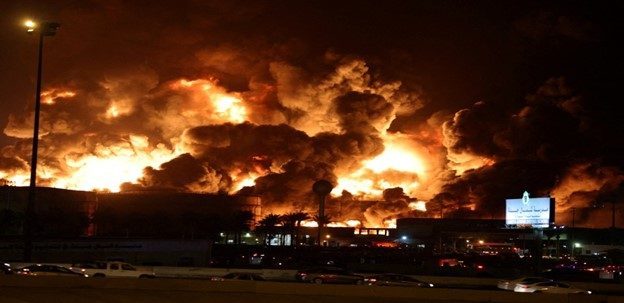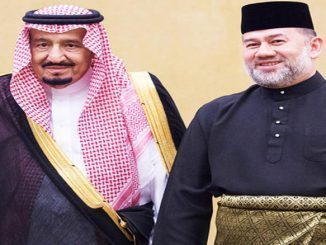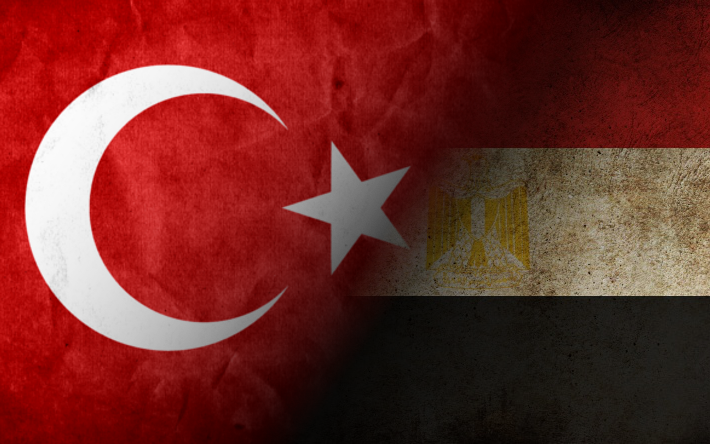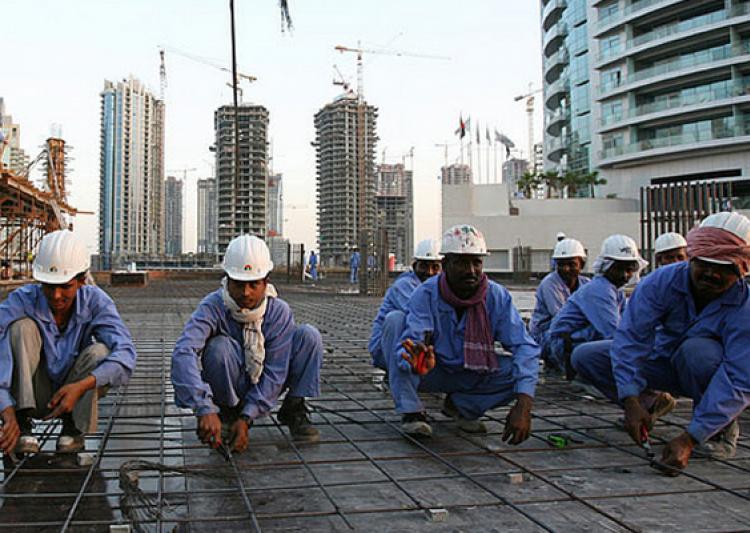
Saudi Arabia announces ‘military operation’ in Yemen following series of drone and rocket attacks on the kingdom.
Yemen’s Houthi rebels said they carried out several attacks on Friday, the largest being on an oil storage and shipping facility in Jeddah. Sunday’s F1 Grand Prix there will go ahead as scheduled, organizers said
Yemen’s Houthi rebels on Friday attacked several targets in Saudi Arabia, including a Saudi Aramco oil storage and shipping facility in the coastal city of Jeddah.
“We did several attacks with drones and ballistic missiles,” including an “Aramco installation in Jeddah [and] vital installations in Riyadh,” the rebels said in a statement.
The Jeddah facility, which was previously attacked last Sunday, was struck by missiles before two storage tanks caught fire, sending huge plumes of smoke into the air. No casualties were reported.
Saudi Arabian state television told viewers that a “hostile operation” had targeted the Jeddah facility.
The US State Department condemned the attacks as “unacceptable,” saying Washington would continue to help Saudi Arabia bolster its defenses.
The Saudi-led coalition in Yemen launched a military operation on Saturday to stop the attacks, according to Saudi state media.
The coalition said it was carrying out airstrikes in the Houthi-controlled Sanaa and the Red Sea port city of Hodeidah, aiming to “protect global energy sources and ensure supply chains.” The operation would continue until it achieves its goals, it said.
While the operation was in its early stages, the coalition said Houthis should bear the consequences of their “hostile behavior.”
Earlier, the coalition was quoted as saying it would “directly deal with sources of threat,” urging civilians to stay away from any oil site or the Hodeidah facility.
The Red Sea city of Jeddah is also the site of Sunday’s Formula One Grand Prix of Saudi Arabia. The country’s Corniche Circuit is located just 11 kilometers (7 miles) from the storage facility.
Saudi Aramco is a major F1 sponsor, having opened its coffers to help lure race organizers to the kingdom. The state-run oil firm’s 10-year deal, struck in 2019, is estimated to be worth between €535 and €800 million ($588-$880 million). Aramco is also the main sponsor of Aston-Martin racing.
The attacks occurred during a training session for the race, even causing reigning champion Max Verstappen to radio in to his crew: “I can smell burning … is it my car?”
After a short delay in which race organizers conferred, training resumed.
“We are aware of the attack on the Aramco distribution station in Jeddah earlier this afternoon,” said race promoter Saudi Motorsport Company in a statement. “Race organizers remain in direct contact with the Saudi security authorities, as well as F1 and [governing body] FIA to ensure all necessary security and safety measures continue to be implemented. The race weekend schedule will continue as planned.”
The statement said organizers looked forward to welcoming fans for a weekend of “premium racing and entertainment.”
McLaren Team Principle Andreas Seidl said participants had to trust organizers. Still, he added, “it is a very unsettling situation for all of us.”
Formula 1 is no stranger to controversy, and has often been criticized for working with authoritarian governments.
When asked about the fact that recently Saudi Arabia — whose young crown prince stands accused of ordering the grisly 2018 murder of journalist Jamal Khashoggi — publicly executed 81 people on one day, F1 CEO Stefano Domenicali attempted to deflect criticism by saying, “The fact that we are here shines a light on issues that would otherwise appear in a different part of the news.”
The Jeddah attacks are part of a larger seven-year war in Yemen. The conflict between the Iran-backed Houthis and a Saudi-led coalition is the source of one of the world’s largest current humanitarian crises.
Saudi Arabia intervened in Yemen in 2015 to support the country’s internationally recognized government after rebels took the capital Sanaa in 2014.
The United Nations in late 2021 said that as many as 5 million Yemenis face starvation, and some 4 million have been displaced as a result of the war.
The seven-year-old conflict in Yemen is between the internationally recognized government, which is backed by a Saudi-led military coalition, and Houthi rebels supported by Iran.
The country’s humanitarian crisis is said to be among the worst in the world, due to widespread hunger, disease, and attacks on civilians.
As the UN-backed, two-party peace process has stalled, some experts have suggested that better representing the many parties involved in the conflict would yield better results.
Saudi Arabia has been leading a coalition battling the Houthis, who seized Yemen’s capital of Sanaa in September 2014, for seven years.
The kingdom has been internationally criticized for air raids that have killed dozens of civilians while the Houthis have pointed to the assaults as a justification for the launch of drones, missiles and mortars into the kingdom.
On Saturday, Saudi state media said the coalition fighting in Yemen had begun a military operation – including air attacks on Yemen’s Houthi-controlled capital Sanaa, and the Red Sea port city of Hodeidah – to stop attacks on its oil facilities and “protect global energy sources”.
It said the operation was in its early stages and that Yemen’s Houthis should bear the consequences of their “hostile behavior”.
Saudi state television acknowledged attacks in the town of Dhahran that hit water tanks and damaged vehicles and houses.
Another attack targeted an electrical substation in an area of southwestern Saudi Arabia near the Yemeni border, state TV said.
The North Jeddah Bulk Plant stores diesel, petrol and jet fuel for use in the city. It accounts for more than a quarter of all of Saudi Arabia’s supplies and also supplies fuel crucial to running a regional desalination plant.
The Houthis have twice targeted the North Jeddah plant with cruise missiles: One attack came in November 2020 while the last one came on Sunday.
At the time of the 2020 attack, the tank, which has a capacity of 500,000 barrels, held diesel fuel, according to a recent report by a UN panel of experts examining Yemen’s war. Repairs cost Aramco approximately $1.5m.



